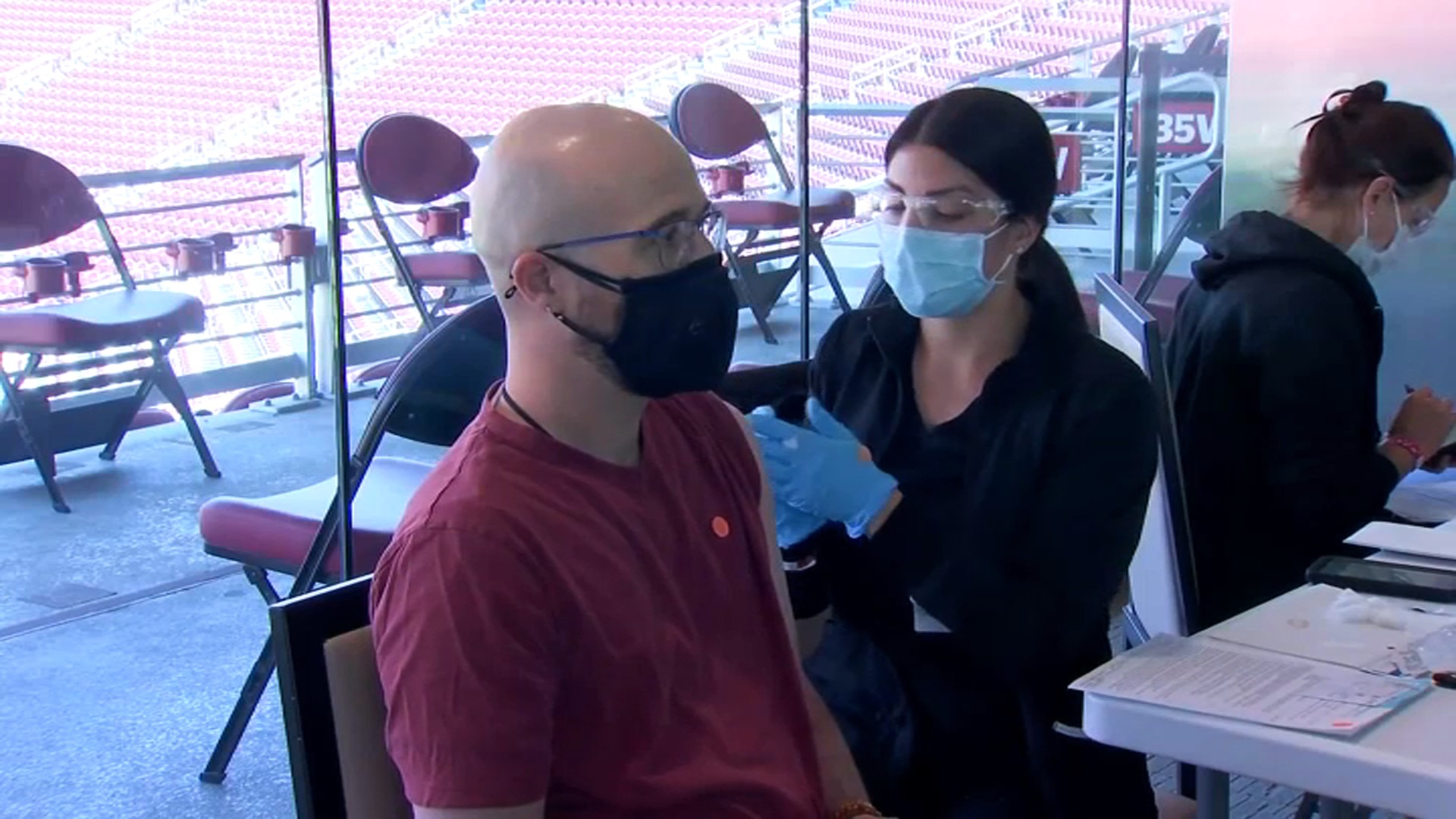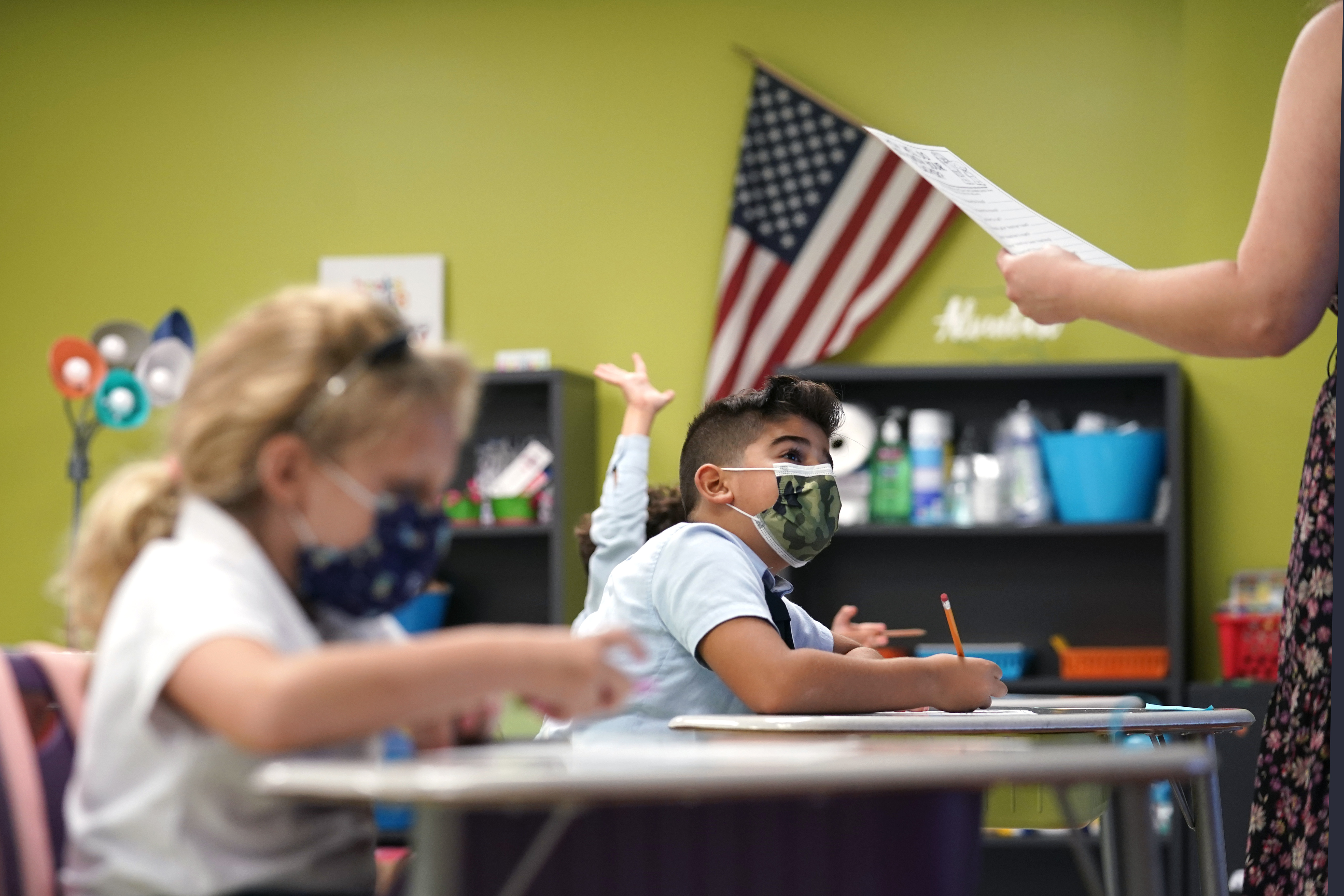People have reported side effects like chills, fever and nausea after receiving the COVID-19 vaccine, but do you need to worry about developing such symptoms after getting a booster shot?
According to the Centers for Disease Control and Prevention, symptoms of the booster appear to largely mirror how people felt after their second dose.
Is It Okay to Get COVID Booster Shot Before Thanksgiving? Chicago Doctor Says Yes
The side effects were mostly considered mild or moderate, and arm pain, fatigue and headache were the most commonly reported symptoms after the third shot.
Feeling out of the loop? We'll catch you up on the Chicago news you need to know. Sign up for the weekly Chicago Catch-Up newsletter here.
Last week, the CDC published data listing the most common side effects people reported after receiving boosters of all three vaccines, the same day the agency expanded eligibility of the Moderna and Johnson&Johnson booster shots for millions of Americans.
The most common side effects reported after getting a third shot of an mRNA vaccine, the type made by Moderna and Pfizer, were pain at the injection site, fatigue, muscle pain, headache and fever, followed by chills and nausea, according to data.
The data available for J&J was more limited, but people reported fever, fatigue and headache after receiving a second dose of that vaccine, according to the agency.
Information provided was based on submissions to the CDC's text messaging system v-safe and the Vaccine Adverse Event Reporting System, a national vaccine safety surveillance program.
Dr. Macaya Douoguih, head of clinical development and medical affairs for J&J’s vaccines division Janssen, said there is no data to suggest people are at increased risk of a rare but serious blood clot condition after receiving a second dose.
The majority of people who received an additional dose of any vaccine were white women over the age of 50, according to the v-safe data.




